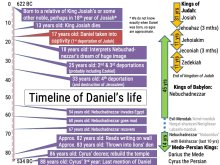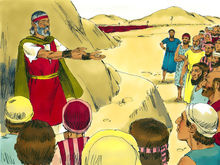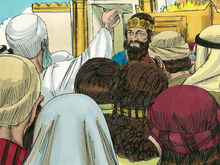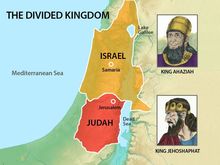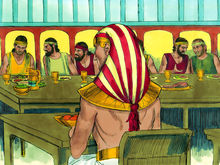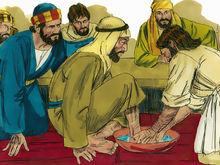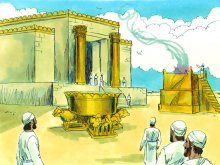The working age of Levites
By Mark Morgan | Exodus , Jeremiah
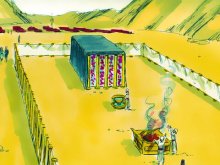
What is the right age to start our life’s most important work? Some people begin to excel in their chosen profession at a very early age (for example, Mozart began composing at four or five years of age), while others shine much later (Oscar Swahn won his first Olympic gold medal at the age of 60). The Levites helped with the worship of God – who has killed people for flouting his rules of worship. For everyone’s good, the job had to be learned thoroughly. So what was the working age of Levites?
We still have rules today about the age at which one can start or stop work, and the same was true for priests and Levites in Israel.


